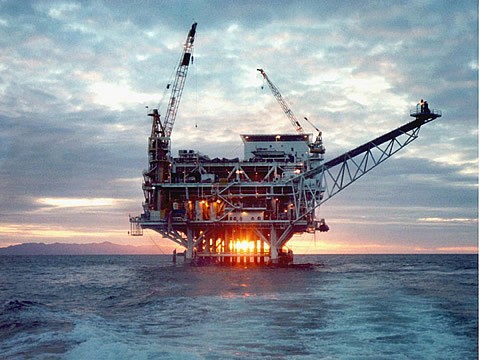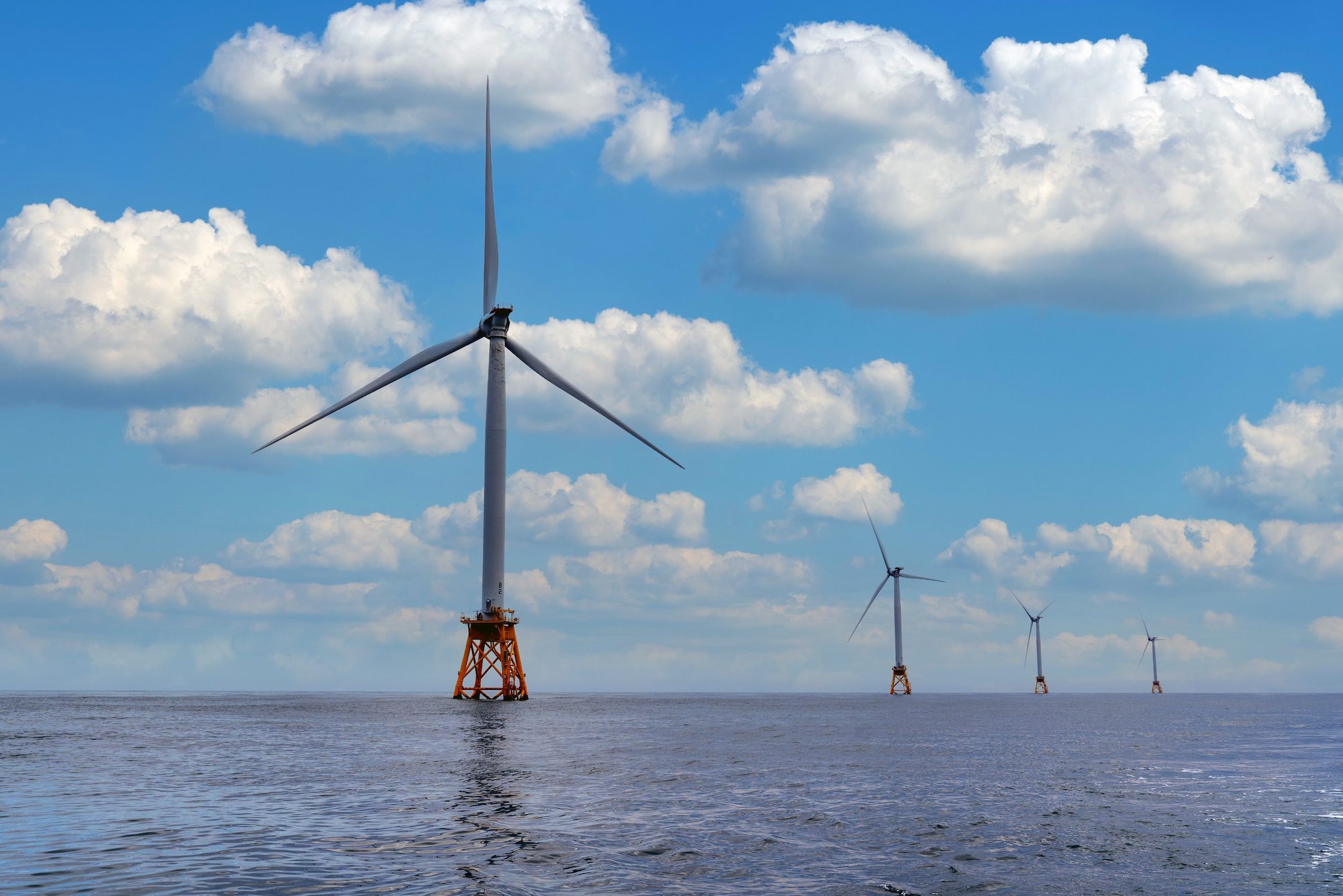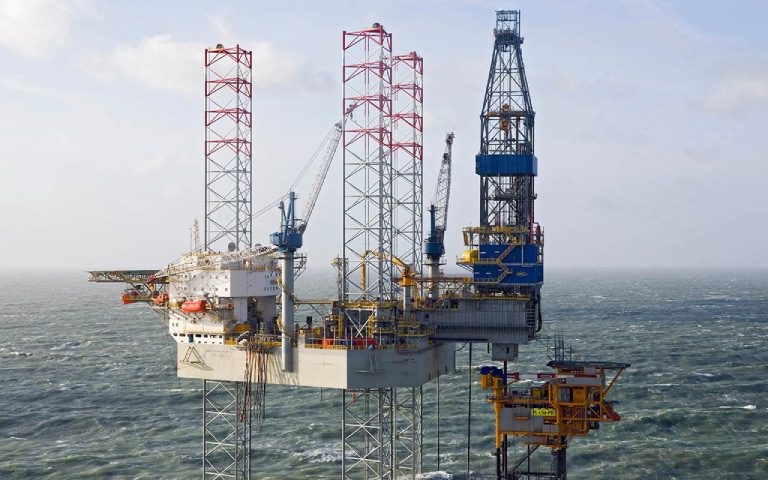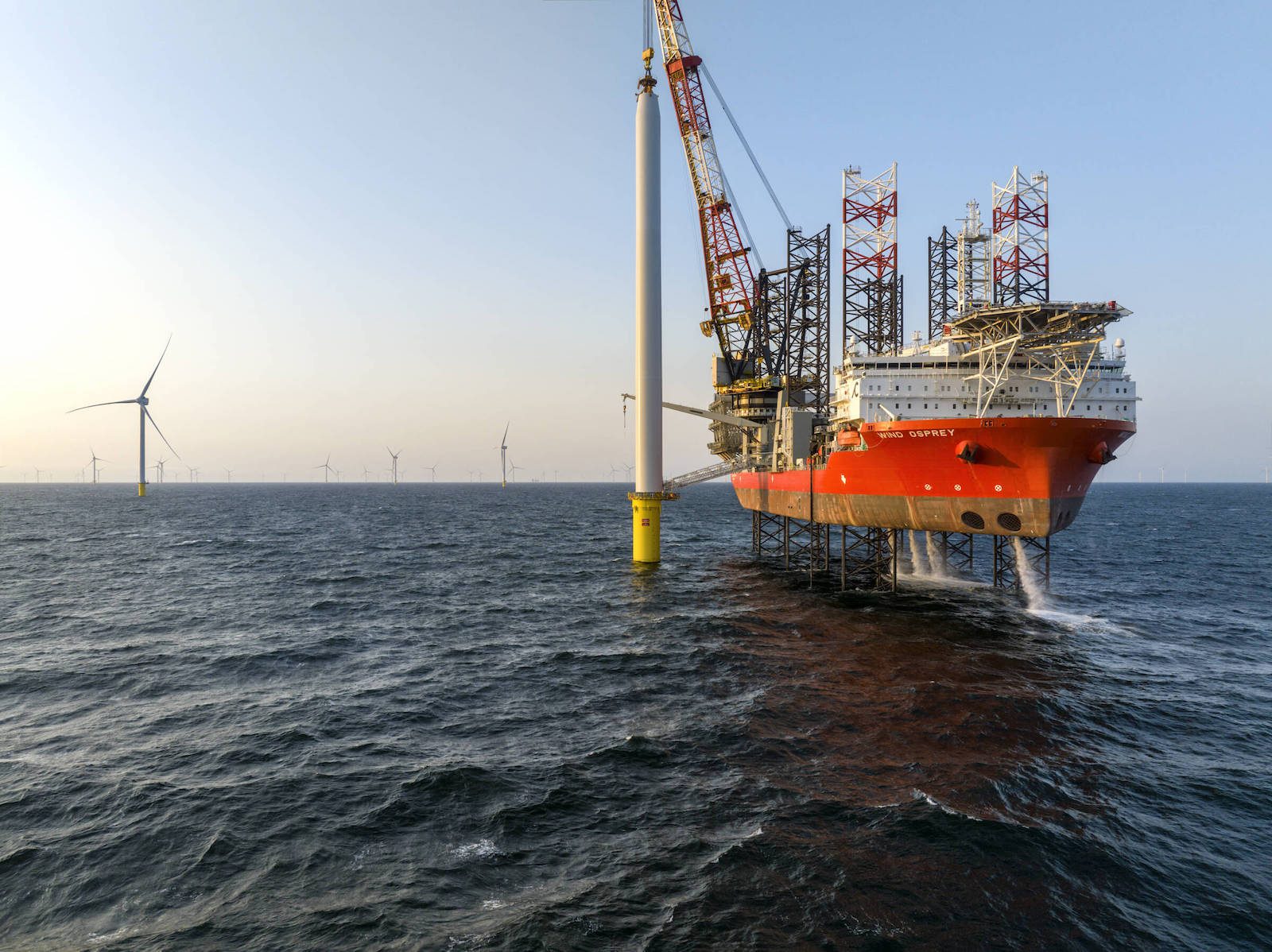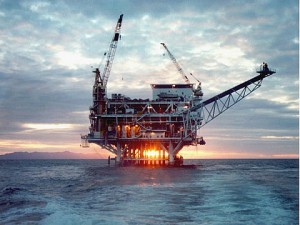 HOUSTON (Dow Jones)–Oil and natural-gas companies are spending more than half a trillion dollars in the oil patch during 2011–a record level that signals the return of the global drilling boom that sputtered during the recession, Barclays Capital said Monday.
HOUSTON (Dow Jones)–Oil and natural-gas companies are spending more than half a trillion dollars in the oil patch during 2011–a record level that signals the return of the global drilling boom that sputtered during the recession, Barclays Capital said Monday.
The spending frenzy is driven in part by high oil prices, which recovered quickly from the financial crisis and in 2011 rose once again above the benchmark of $100 per barrel in the midst of unrest in the Arab world. But it is also due to the fact that oil has become harder to find, and oil giants have realized that they must spend more in order to keep their production going, Barclays said in its semiannual Global Exploration and Production Capital Spending Update.
Excluding acquisitions, the reserves replacement ratio of the largest oil companies–such as Royal Dutch Shell PLC (RDSA, RDSA.LN), Exxon Mobil Corp. (XOM) and Total S.A. (TOT, FP.FR)– “has been challenging in the past decade or so,” said Barclays oil-services analyst James West.
Oilfield-service providers, such as Baker Hughes Inc. (BHI), Schlumberger Ltd. (SLB) and subsea equipment maker Cameron International Corp. (CAM), would be among those to benefit from a continued expansion as oil companies spend more on drilling costly deep-water wells and fracturing North American shale formations. West said oilfield-service companies’ ability to handle new orders–their “spare capacity”–will “mostly be erased by the end of this year.”
The biggest oilfield-service companies–Schlumberger, Baker Hughes, Halliburton Co. (HAL) and Weatherford International Ltd. (WFT)–raised their capital expenditures by 40% this year, “trying to keep pace with growth and spending,” West said in an interview.
Barclays expects double-digit percentage annual growth rates in international spending by oil companies through 2015. In North America, annual growth in spending during the same period will be in the high single digits on a percentage basis.
“We continue to believe the oil-service industry is in the early stages of a major international and offshore upcycle that is currently taking hold,” Barclays analysts said in a research note.
Barclays said it forecasts the oil industry to spend $529 billion, versus $458 billion in 2010, a 16% increase.
The forecast is a revision from a previous estimate released last December which projected 2011 spending to reach $490 billion. Barclay’s spending update is a widely followed snapshot of industry-wide spending projections. Actual spending, Barclays said, is “likely to exceed current expectations.”
Risk factors still cloud Barclay’s predictions, however. Weakening economic conditions could bring down oil prices, the main reason for the boom in exploration and production spending. Also, environmental and legal challenges could keep a lid on investment in the U.S. Gulf of Mexico, the site last year of the largest offshore spill in U.S. history.
Oil companies are basing their 2011 capital-spending budgets on an average oil price of $87 per barrel of West Texas intermediate crude. That is $10 higher than their early December expectations. Barclays forecasts WTI prices to average $106 per for 2011, $137 per barrel for 2015 and $185 per barrel for 2020.
Oil futures in New York ended 2.1% lower at $97.21 per barrel on Monday.
-By Angel Gonzalez, Dow Jones Newswires

 Join The Club
Join The Club



